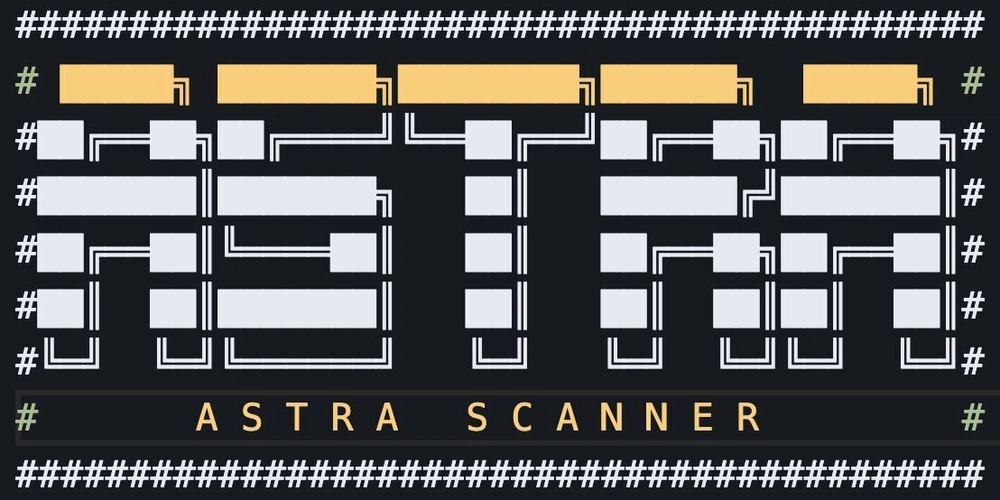Empowering Communities: Charitable Foundations and Muslim Education in India
In this blog, we will explore the significant impact of charitable foundations in India, with a focus on the work of organizations like Jamiat Ulama-i-Hind and their initiatives in Muslim education such as educational scholarships.

Introduction
Charitable foundations in India play a vital role in addressing socioeconomic challenges by supporting education, healthcare, disaster relief, and social welfare. Among these, organizations that focus on Muslim education help bridge gaps in access to quality learning and create opportunities for underserved communities. In this blog, we will explore the significant impact of charitable foundations in India, with a focus on the work of organizations like Jamiat Ulama-i-Hind and their initiatives in Muslim education such as educational scholarships.
The Role of Charitable Foundations in India
India, with its vast population and diverse communities, relies heavily on the nonprofit sector to provide critical support where government programs may fall short. Charitable foundations offer essential services, such as:
-
Educational Support: Funding schools, scholarships, and vocational training programs.
-
Healthcare Initiatives: Setting up free medical camps, hospitals, and preventive care awareness.
-
Social Upliftment: Empowering marginalized communities through skill development and employment.
-
Disaster Relief: Offering immediate and long-term aid in natural calamities and emergencies.
One such impactful organization is Jamiat Ulama-i-Hind, a leading charitable foundation in India. Their efforts span community welfare, disaster response, legal aid, and religious harmony.
Muslim Education in India: Challenges and Solutions
Education is a powerful tool for empowerment, but Muslim communities in India often face obstacles such as inadequate access, affordability, and cultural biases. Several key challenges include:
-
Limited Infrastructure: Many minority-dominated areas lack quality schools and colleges.
-
Financial Constraints: Families struggle to afford education, especially higher studies.
-
Lack of Representation: Curriculum and pedagogy often fail to reflect diverse cultural perspectives.
To counter these issues, foundations like Jamiat Ulama-i-Hind offer targeted programs for Muslim students, including scholarships, coaching classes, and awareness campaigns.
Jamiat’s Educational Scholarships: Bridging the Gap
Through its educational scholarship program, Jamiat empowers Muslim youth to pursue academic excellence. The program focuses on:
-
Merit and Need-Based Aid: Helping students from low-income backgrounds to continue their education.
-
Diverse Academic Fields: Supporting students in engineering, medicine, law, and humanities.
-
National Reach: Operating across multiple states, ensuring wider access and impact.
These scholarships are designed not only to fund education but to inspire students to give back to their communities and become role models.
Community Development Through Education
The ripple effects of educational empowerment are profound. When students receive support:
-
Family Livelihood Improves: Educated individuals often uplift their families out of poverty.
-
Social Mobility Increases: With better qualifications, students access higher-paying, respectable jobs.
-
Leadership Emerges: Empowered youth often become advocates for social change.
By investing in education, charitable foundations contribute directly to national development and social harmony.
Collaborative Models and Future Growth
To sustain and scale impact, collaboration between governments, private donors, NGOs, and international bodies is essential. Recommendations include:
-
Public-Private Partnerships: Leveraging state infrastructure and private expertise.
-
Digital Learning Tools: Integrating technology to reach rural and remote learners.
-
Regular Monitoring: Ensuring transparency and effectiveness in educational programs.
With the right support, organizations like Jamiat can continue to expand their footprint and deepen their impact.
Conclusion
Charitable foundations in India, especially those supporting Muslim education, are critical to building a more inclusive and equitable society. By addressing educational disparities, organizations like Jamiat Ulama-i-Hind and their scholarship initiatives are not just helping individuals—they’re transforming communities. To support their efforts or learn more, visit their websites and explore ways to contribute to this noble cause.
Frequently Asked Questions (FAQs)
1. What is the role of charitable foundations in India?
They support education, healthcare, disaster relief, and social welfare to uplift marginalized communities and bridge service gaps.
2. How is Muslim education being supported in India?
Through targeted initiatives like scholarships, coaching, and awareness campaigns led by foundations such as Jamiat Ulama-i-Hind.
3. What kind of scholarships does Jamiat provide?
Merit and need-based scholarships for students pursuing a range of academic fields like engineering, medicine, and law.
4. How can I apply for a scholarship through Jamiat?
You can visit their official website and check the eligibility criteria and application procedure for their educational scholarships.
5. How can I support Muslim education in India?
By donating to trusted organizations, volunteering your time, or spreading awareness about educational disparities.
6. Are there other services offered by Jamiat besides education?
Yes, Jamiat also provides disaster relief, legal aid, and community welfare services across India.
















































































